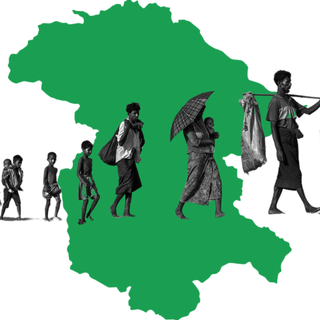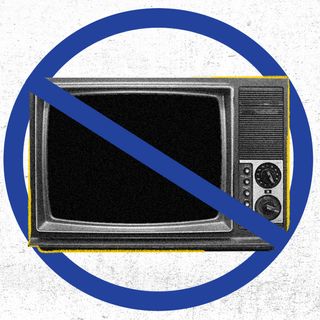The Supreme Court has issued a notice to the central government seeking the rationale behind trans people, men who have sex with men, and female sex workers being permanently banned from donating blood in India.
A three-judge bench, headed by Justice S.A. Bobde, Chief Justice of India, was hearing a petition by Thangjam Santa Singh, a Manipur trans rights activist. The petition challenges the validity of clauses 12 and 51 of the Guidelines on Blood Donor Selection and Blood Donor Referral, 2017 issued by the Ministry of Health and Family Welfare. The PIL contests the guidelines are in violation of Articles 14, 15, and 21 of the constitution, and are “completely arbitrary, unreasonable, and discriminatory and also unscientific.”
Clause 12 categorizes trans people, sexually active gay men, and female sex workers as ‘at risk’ for HIV, and Hepatitis B or C infections; and clause 51 permanently bans them from donating blood or plasma — without examining whether they are HIV-positive.
“The prohibition of [these categories] is due to assumptions based on negative stereotypes which amount to discrimination under… the Constitution and they are denied equal dignity… as they are deemed less worthy and subordinate in social participation and healthcare,” the petition states, referring to past judgments of the SC, which led that discrimination on the ground of sex would include discrimination on the basis of gender identity and sexual orientation.
But these laws aren’t unique to India. Until 2020, the U.S. had a one-year deferral for male donors who had sex with another man, which was revised to just a three-month deferral amid the global health crisis. Countries like China, Singapore, and Greece have life-long bans, while countries like Canada, Australia, and New Zealand have three-month deferrals in place.
Related on The Swaddle:
Banning Blood Donation Based on Sexual Orientation or Practices Is Unfair and Ineffective
Experts note a year-long ban is unsupported by science. “Within seven to 10 days, we can say with 99.9% accuracy whether or not a blood sample is HIV-positive… if you’ve had unsafe sex within the past 10 days, it might be reasonable for us to send you home. But a lifetime ban — or even a one-year ban, for that matter — is kind of ridiculous. It takes a week or two to diagnose HIV, not a lifetime. Medically speaking, there is no doubt in my mind that this ban doesn’t stand on good footing,” Dr. Barry Zingman, medical director of the AIDS Center at Montefiore Medical Center in NYC, had told the NBC, opposing the erstwhile ban in the U.S.
Indian experts have criticized the ban too. “They are discriminatory toward those banned and they inhibit the collection of readily available blood that India sorely needs… [with its] blood shortage stand[ing] at approximately 15%,” Abhinav Verma, a lawyer and public policy consultant in health and technology, wrote in The Swaddle in 2019. He further suggested that relaxing deferrals could “improve donor compliance to donation criteria and honest self-reporting, which may paradoxically reduce the risk of an HIV-positive donation entering the blood supply.”
Just like the U.S., in India too, “all blood units that are collected from donors are tested for infectious diseases including Hepatitis B, Hepatitis C, HIV/AIDS,” the petitioner stated — arguing that the imposition of a life-long ban on certain marginalized sections, instead of a three-month or 45-day deferral from the last high-risk sexual contact, or just screening their blood as per the usual norms — ends up “stigmatizing as they are not based on how HIV-transmission actually works, nor are they based on the actual risks involved in specific activities, but are based only on identities of donors.”
However, the court refused to stay the guidelines imposing the ban in the interim while awaiting the government’s response, stating it isn’t an expert on scientific matters, and hence, not equipped to stay the medical guidelines.




